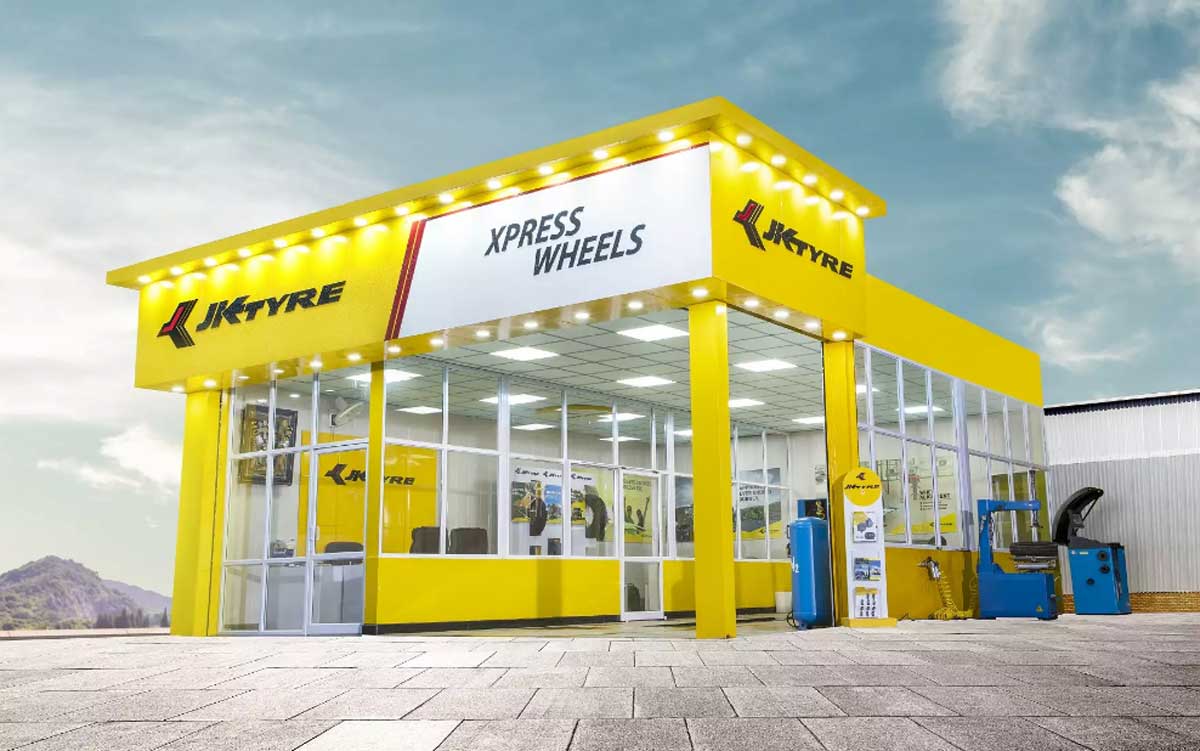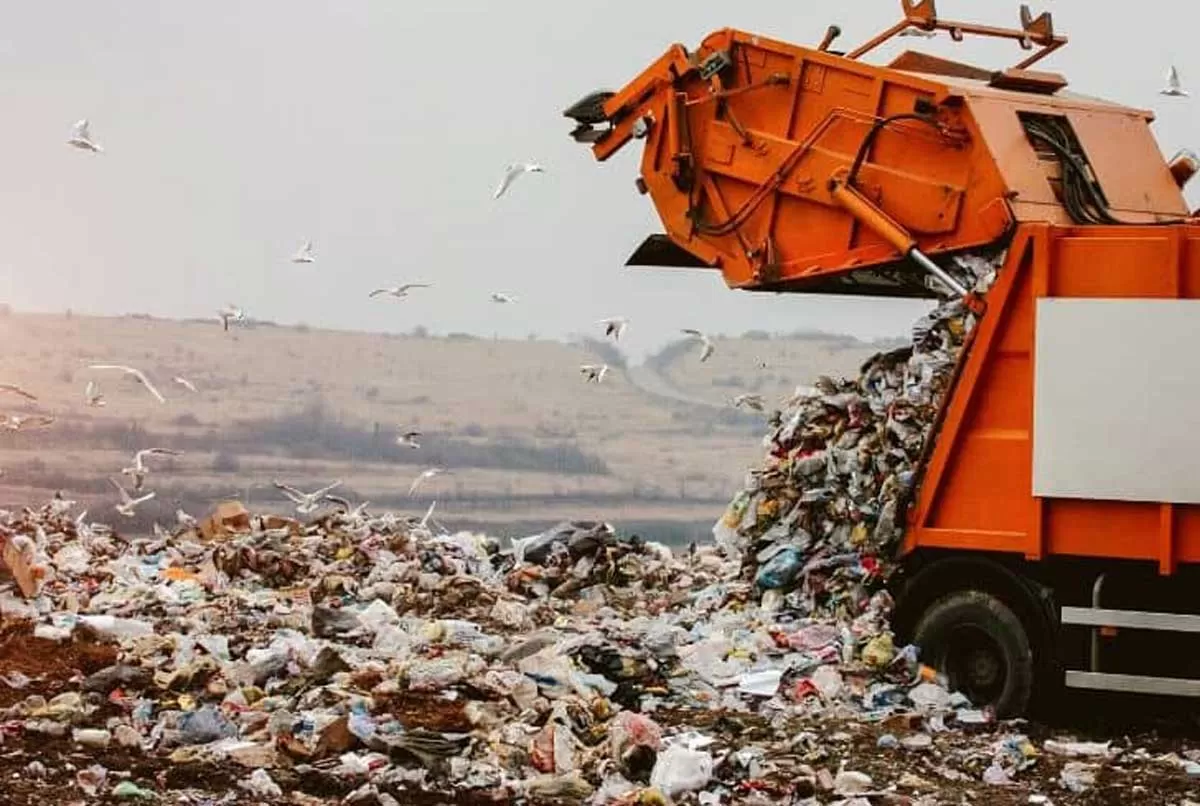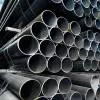

Campal Stadium Project Delayed
The football stadium and parade ground project in Campal, Panaji, which was initiated under the smart city plan, has yet to be completed, even though it is over a year past its original deadline. The project started on March 21, 2022, and according to the initial work order, it was supposed to be finished by September 20, 2023. Imagine Panaji Smart City Development Ltd (IPSCDL) has reported that 98% of the work is complete, with the final 2% expected to be finished by March 2025. "A small area where the concrete batching plant is situated needs completion," they said. The project's total est..

Cleanliness Control Centre to Monitor Work, Complaints 24X7
Jaipur's cleanliness management system is set to be more efficient with the Integrated Command and Control Centre now operating 24/7. On Friday, Arun Kumar Hasija, CEO of Jaipur Smart City Limited, issued orders to implement this change. Hasija explained that the centre will supervise door-to-door refuse collection, sanitation operations, and mechanized cleaning activities. Special attention is being given to night-time cleaning across the city, with advanced machinery being used to sanitize road dividers in areas like the Walled City. The centre will now operate round-the-clock to improve c..

Rs 1 Bn Plan for Waste Disposal at Bandhwari Landfill
A Rs 1 billion plan for disposing of over 10 lakh tonnes of legacy waste at the Bandhwari Solid Waste Treatment Plant has been submitted to the Department of Urban Local Bodies (ULB) for approval. The proposal is expected to be approved in an upcoming purchase committee meeting led by Haryana Chief Minister Nayab Singh Saini, officials from the Municipal Corporation of Gurugram (MCG) said. This proposal follows the December 17 deadline set by the National Green Tribunal (NGT) for MCG to submit an update on waste disposal progress at Bandhwari. Earlier this year, MCG had assured the NGT in an a..















